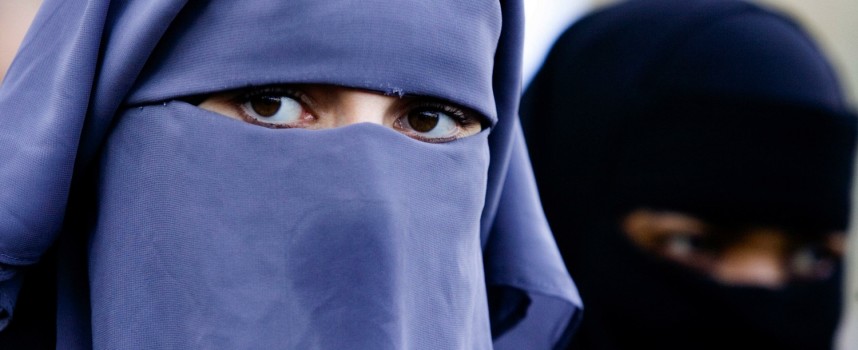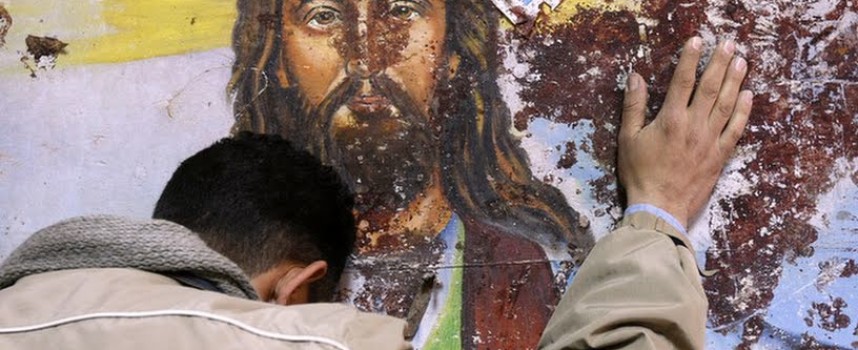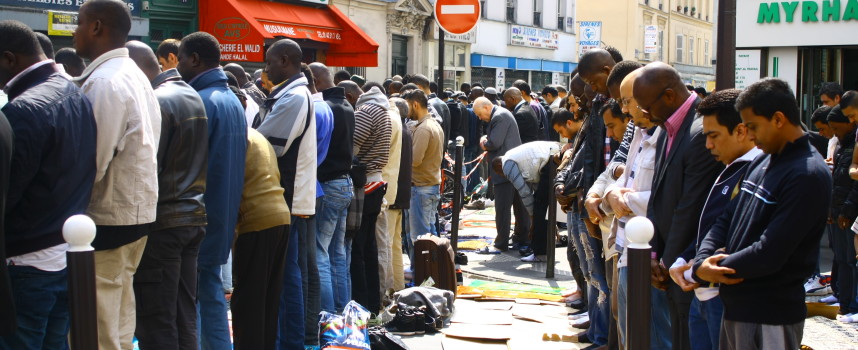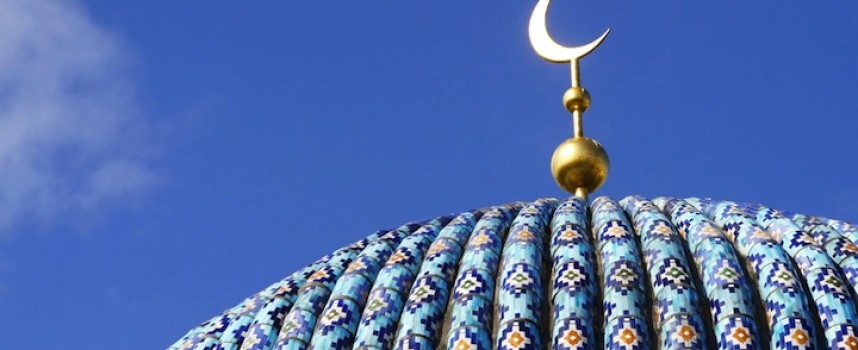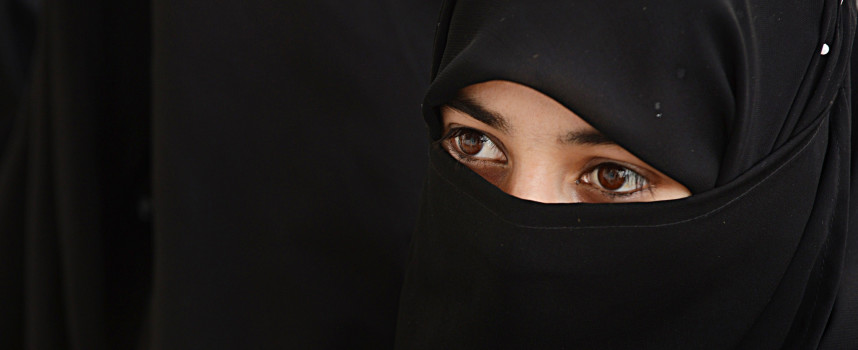Religious freedom
EN | IT | FR | DE – The political debate around banning the burqa for reasons of public safety is really laughable. The risk to security posed by a woman wearing a full veil is minimal compared with that posed by bellicose, brainwashed men. The discussion that has been going on for years now about Muslim women wearing headscarves or the presence in public spaces of religious symbols such as the crucifix all points to something rather more fundamental.
EN | IT – Intolerance and discrimination against Christians was the theme of the conference organized by the Organization for Security and Co-operation in Europe (Osce) in Vienna, on 18 May 2015. Delegations of the various states of the Osce region as well as Ngo’s active in the field of intolerance and discrimination against Christians spoke in three sessions about the importance of enhancing efforts to prevent and combat intolerance and discrimination against Christians in the OSCE region, focusing on hate crimes, exclusion, marginalization and denial of rights.
EN | IT | FR – “What is the true face of Islam? Can there be a peaceful perception of the presence of Muslims in our European societies? Are we perhaps seeing a radicalisation of some Muslims? How can we analyse the different currents sweeping through Muslim communities today? What do we think of those young people who ‘convert’ to Islam and are tempted to join the armed forces of the Islamic State?”. With these questions Cardinal Jean-Pierre Ricard, Archbishop of Bordeaux, opened the meeting of bishops and delegates from the Bishops’ Conferences in charge of relations with Muslims in Europe (St Maurice, 13-15 May 2015).
EN | IT | FR | DE – The attack on “Charlie Hebdo” and the Jewish supermarket, leaving too many people dead, was an attack carried out in the name of Islam and Muhammad upon the European values of freedom of expression and religion. The concept of freedom is interpreted in a wide variety of ways in our contemporary world, and people draw different conclusions from their understanding of it. European society is united in the view that freedom is never without limits for all and sundry, which is why the courts have to set boundaries.
EN | IT | FR | DE – A very tiny number of women in France would wear the burqa or niqab. For the European Court of Human Rights, the French ban on such clothing does not violate human rights.
EN | DE | IT – July 1st, 2014 was not a good day for religious freedom and for the rights of minorities in Europe. On this day, the European Court of Human Rights ruled that states have the right to restrict heavily the rights of the public practice of religion. The specific case concerns the prohibition of the Burqa in public spaces which the French Republic introduced in 2011 as the first country in Europe. This Burqa ban does not violate the human rights of Muslim women, according to the opinion of the majority of judges in Strasbourg.

